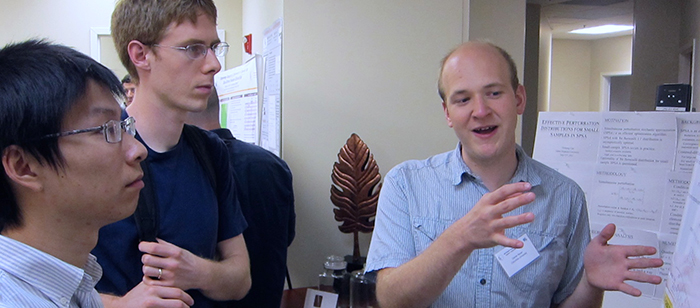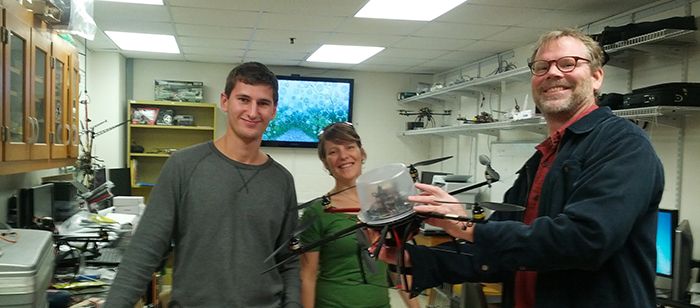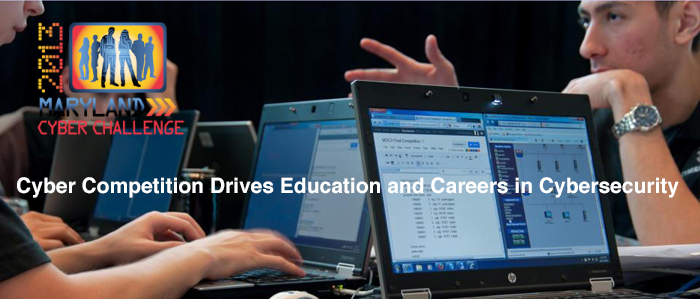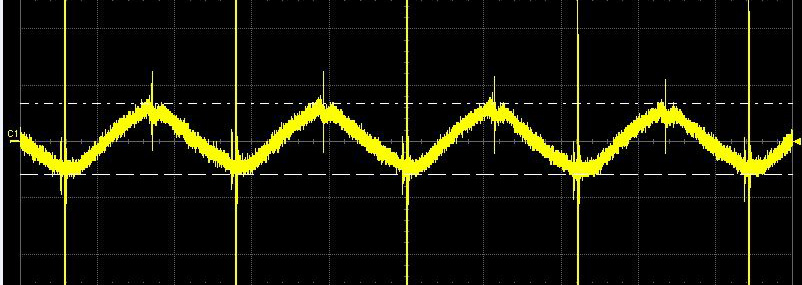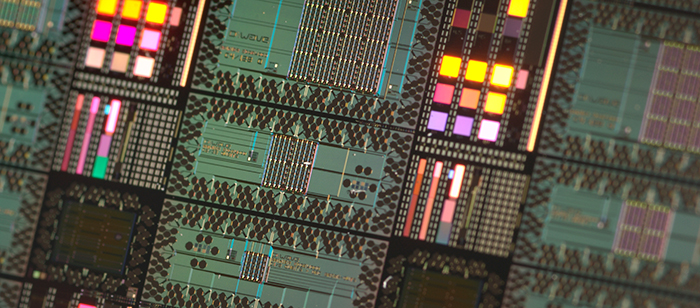
Computer Science and Electrical Engineering
University of Maryland, Baltimore County
An Introduction to Quantum Computing: D-Wave Systems
Robert (Bo) Ewald and Edward (Denny) Dahl
D-Wave Systems, Inc
10:00-12:00 Tuesday, July 30, 2013, ITE 325b
Bo Ewald and Denny Dahl from D-Wave Systems, Inc. will present an introduction to quantum computing and its role in their computing systems, complex machines constructed using state of the art ideas and approaches from many different fields of science and technology. While the quantum processor itself is the heart of the machine, the infrastructure that makes the processor go is also designed, built and tested extensively by D-Wave. In 2011, D-Wave System announced the D-Wave One, "the world's first commercially available quantum computer" which incorporated their 128 qubit chip-set using quantum annealing to solve optimization problems. This year a collaboration between NASA, Google and the Universities Space Research Association was announced that will create a Quantum Artificial Intelligence Lab at the NASA Ames Research Center that will use a 512 qubit D-Wave Two system to study how quantum computing might advance machine learning.
Bo Ewald has been Chief Revenue Officer and President of U.S. Business at D-Wave Systems Inc. since May 02, 2013. Mr. Ewald served as Chief Executive Officer of Graphics Properties Holdings, Inc., since April 9, 2007. Mr. Ewald has over 25 years experience in the high performance computing industry. He served as Chief Executive Officer of Silicon Graphics, Inc. from 2007 to 2009. He served as Chief Operating Officer and Executive Vice President of Scale8 Inc. He served as Chief Executive Officer of Linux Networx, Inc. until April 3, 2007 and oversaw its strategy & direction to drive continued growth. From 1984 to 1996, he held various management and executive positions at Cray Research, Inc., including President and Chief Operating Officer since December 1994. Before joining Cray Research Inc., he served as Head of the Computing and Communications Division of the Los Alamos National Laboratory and was responsible for providing computing and communications services to government customers nationwide from 1980 to 1984. Mr. Ewald is involved in various industry organizations and was appointed to the President's Information Technology Advisory Committee from 1997 to 2001. Mr. Ewald holds an M.S. Degree in Civil Engineering and Applied Mathematics from the University of Colorado and a BS Degree in Civil Engineering from the University of Nevada.
Dr. Denny Dahl received his PhD in physics from Stanford University in 1985 after completing a thesis on Quantum Monte Carlo computational techniques. He took a postdoctoral research position at Lawrence Livermore National Labs in the Parallel Processing Project and worked on simulation, analysis and applications of neural networks. Following this, Denny joined Thinking Machines Corporation and worked in their Technical Marketing Department. He obtained a patent for novel work in routing messages through the communication fabric of the CM-2, which was a massively parallel high performance computing platform. He also helped in providing technical support to a number of customers across a range of business verticals, including the petroleum and defense industries. Following Thinking Machines, Dr. Dahl participated in a range of start-up companies and developed expertise in high volume / high complexity RDBMS environments. He worked at a number of companies (eBay, Wells Fargo, JP Morgan Chase, Travelers Insurance, Western Asset Management, Williams Sonoma, Kroger, Walgreens, Teradata) providing architectural and development services related to batch and real-time data processing. Denny joined D-Wave Systems at the beginning of 2012, and has been involved in algorithm research, training, technical support for sales and communication functions within the company.





